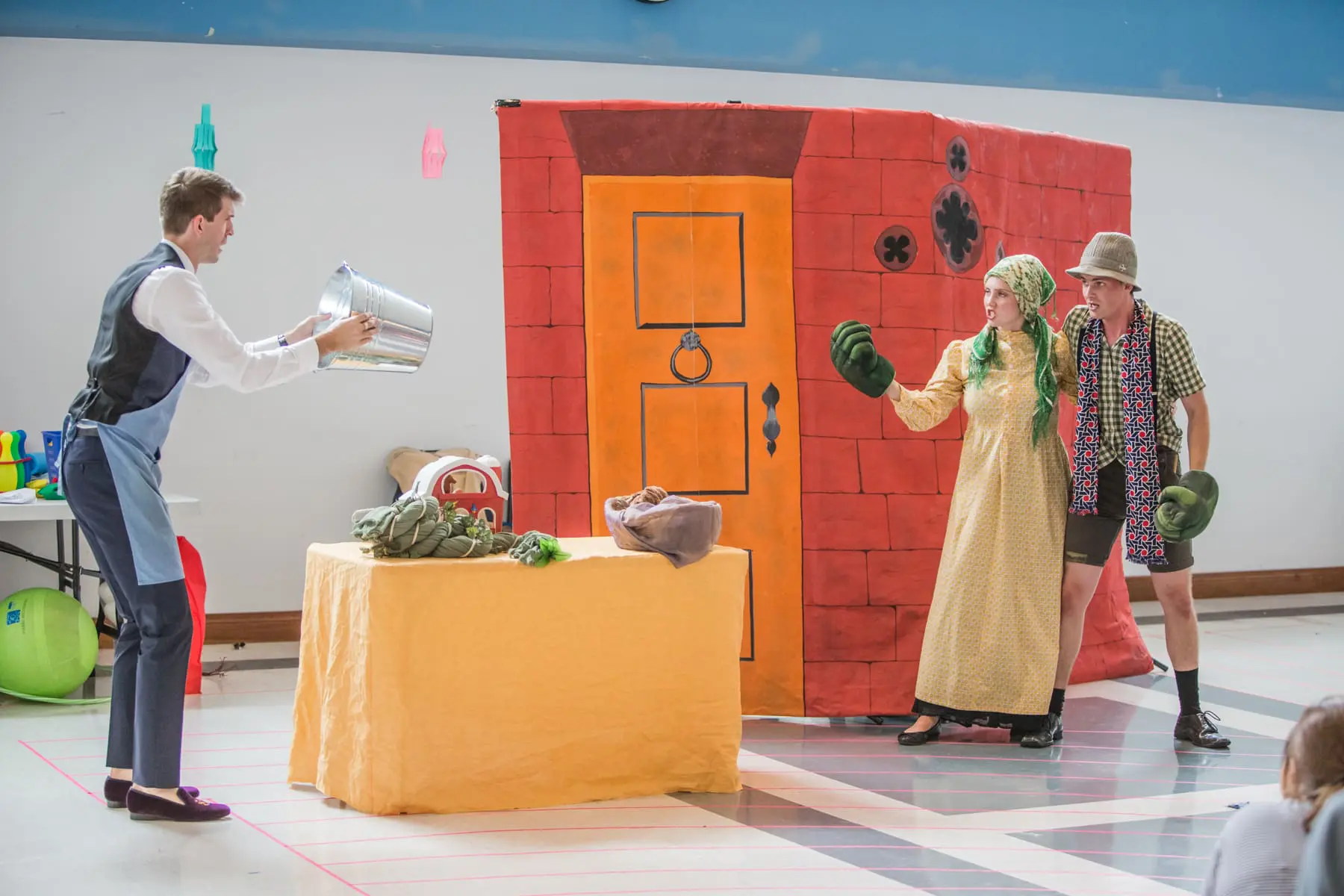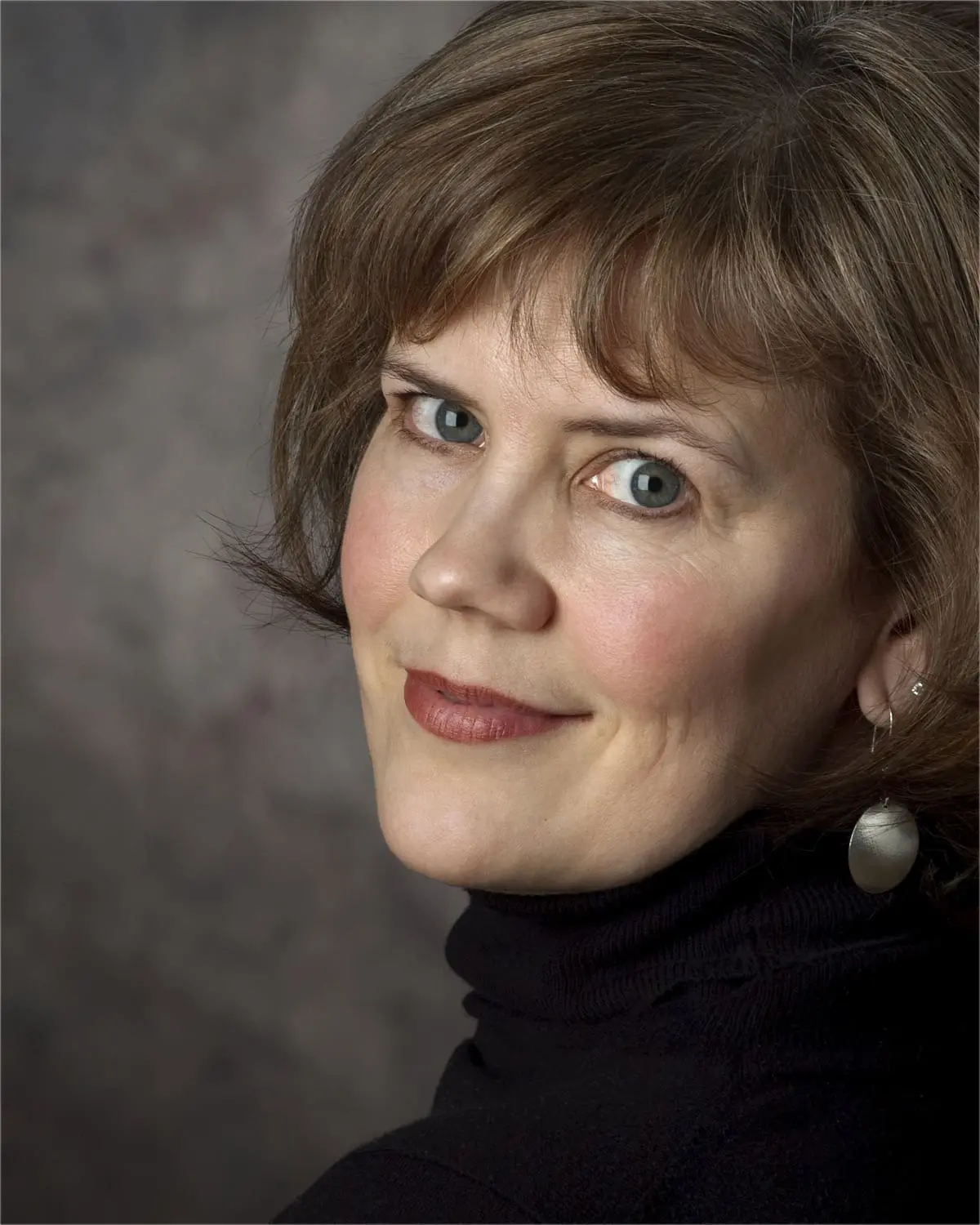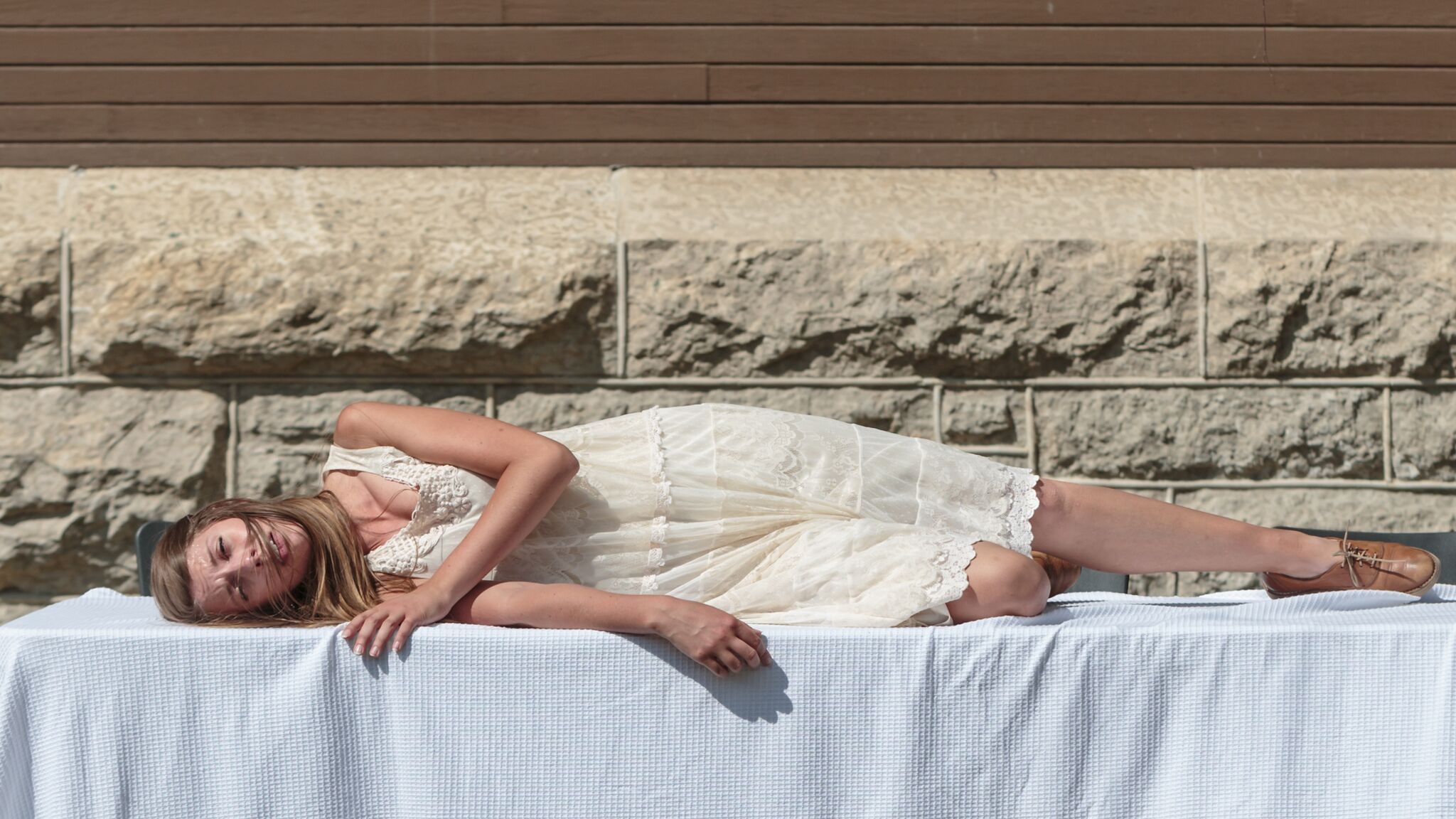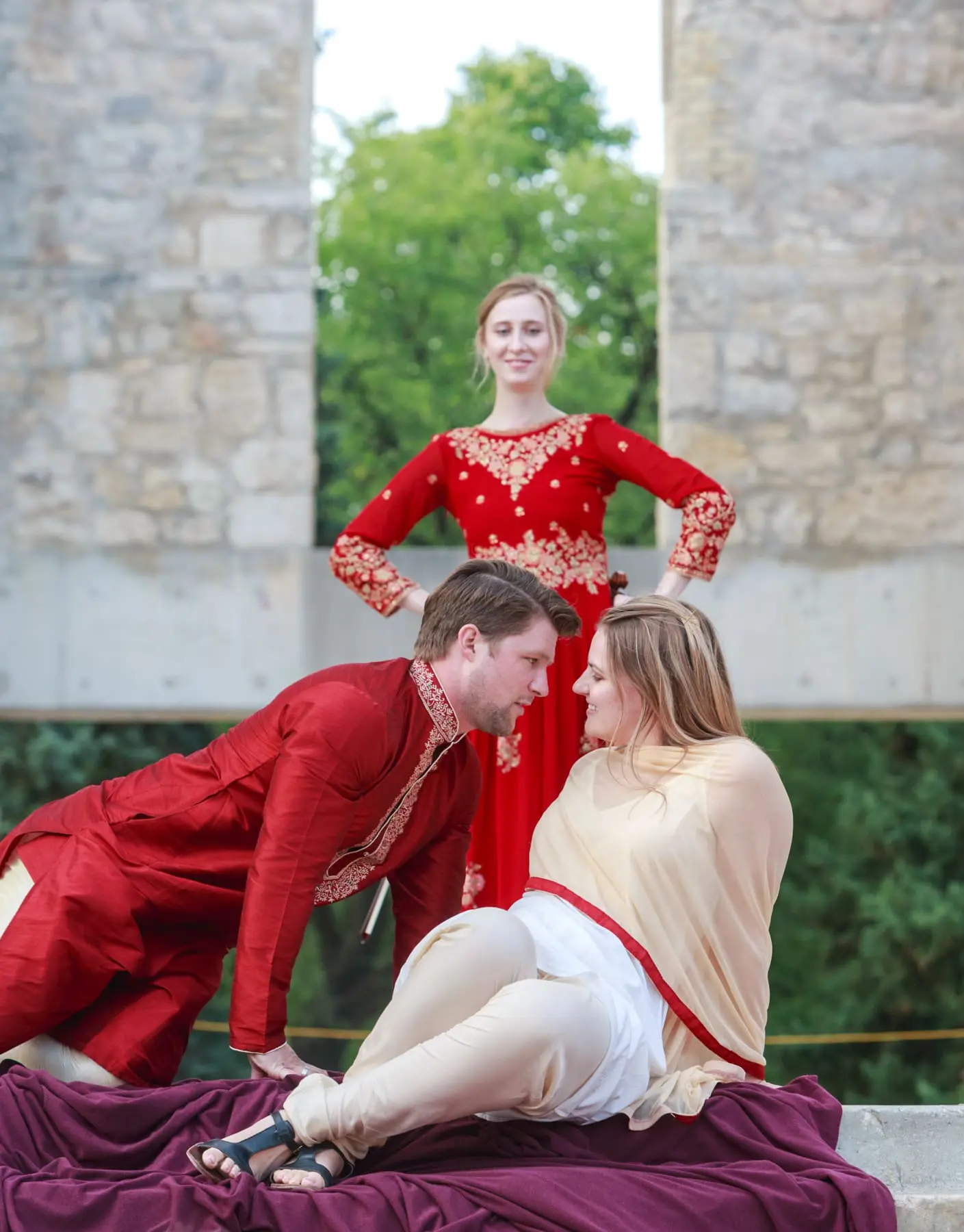Manitoba Underground Opera surfaced once again on the cusp of Winnipeg’s regular arts season with four new productions performed repertory style and now billed as an opera festival. This year’s lineup presented Aug. 16-24 at a variety of venues highlighted strong female characters falling prey to powerful men, with an overarching theme of ‘Obsession,’ inspired by today’s brave #metoo generation.
The company, founded in 2008 by Saskatchewan-born General Manager/conductor Brendan McKeen with Artistic Director Brenna Corner, specializes in “found space opera,” often featuring very surprising, non-traditional choices for performance spaces—including Manitoba’s Legislative Building for its 2014 production of Mozart’s Così fan tutte—still notably the sole opera to echo in its storied halls.
Don Giovanni reinvented as “swaggering” art gallery director
For its principal production this year, a scaled-down version of Don Giovanni, the 10-year old company once again proved its knack for re-imagining classics. In this case, the Tyndall stone foyer of the Winnipeg Art Gallery (WAG), often rented as a popular, go-to wedding venue, was transformed into the site for Zerlina (soprano Ainsley Wray) and Masetto’s (baritone Sven Buller) nuptials.
The 135-minute adaptation by Stage Director Jacqueline Loewen, sung in Italian sans surtitles, flowed seamlessly during the Aug. 21st performance with the addition of English dialogue in lieu of sung recitative, accompanied by a nine-piece chamber orchestra led by Alexandra Dee.
Manitoba-born baritone Jason Klippenstein as Don Giovanni—now morphed into a swishy art gallery director with a sidekick, executive assistant Leporello (baritone Paul Winkelmans)—is a talent to watch. The finale in which he is murdered by the Commander’s ghost (bass-baritone Ian Fundytus) chilled to the bone.
Klippenstein’s swaggering characterization might arguably have been pushed further in the direction of ‘cocky sexual predator,’ particularly in his attempts to seduce Zerlina during their duet “La ci darem la mano.” His portrayal became more volcanic with a drunken version of his serenade, “Deh vieni alla finestra,” including his own nifty, strummed guitar accompaniment. Another highlight was his biting delivery of the “Champagne aria” sung with manic high spirits to the wedding revelers, including a three-member female chorus dressed as catering staff, and even a wedding photographer snapping ‘Kodak moments.’
Not to be outdone, the women entangled with Giovanni proved equally strong in terms of vocal ability and characterization. Soprano Sydney Clarke created a compelling Donna Anna, horrified after realizing Giovanni’s murderous crime during “Or sai chi l’onore” sung to her expat Torontontian beau Don Ottavio (tenor Adam Sperry). Soprano Dawn Bruch was a mesmerizing Donna Elvira, spewing expletives while swilling martinis. Her solo aria “Ah, fuggi il traditor,” sung with champagne flute in hand, showed off this charismatic singer’s effervescent vocal agility.

Adam Sperry (Don Ottavio) and Sydney Clarke (Donna Anna), in Manitoba Underground Opera’s Don Giovanni. Photo: Paul McKeen
The staging, highlighting WAG’s sweeping stone staircase and the auditorium that served as wedding chapel, proved mostly effective, although performing in full light diffused the opera’s drama. Nevertheless, Loewen’s keen direction paired with well-cast leads helped mitigate those inherent weaknesses, making Giovanni’s lustful tale of power—now all too ubiquitous in the arts world—a timely one for the ages.
Poppea cast tackles challenging outdoor acoustic
MUO’s second main stage show, Poppea, was staged at the historic St. Boniface Cathedral, located in the heart of Winnipeg’s Francophone community. Stage Director Corner has created a significantly tightened adaptation of Monteverdi’s L’incoronazione di Poppea, clocking in at 75 minutes with Music Director/keyboardist Deena Grier and her seven-piece chamber ensemble integrated into the action. Intended as alter egos for the now nine-member cast (although from an audience perspective, this did not always read clearly), the onstage musicians performed from memory, ostensibly as a sage Greek, er, Roman chorus.
Despite the undeniable breathtaking beauty of the stone basilica, evoking the ancient ruins of this Baroque opera’s original c. 60 AD Imperial Rome setting, performing al fresco perennially presents challenges of audibility. The singers often competed with passing helicopters and wailing ambulance sirens from the nearby St. Boniface Hospital, although Corner’s use of varying steps and levels helped counteract these perils. It is still a puzzle to be solved with singers performing in Italian, without surtitles perhaps needing the support of amplification.
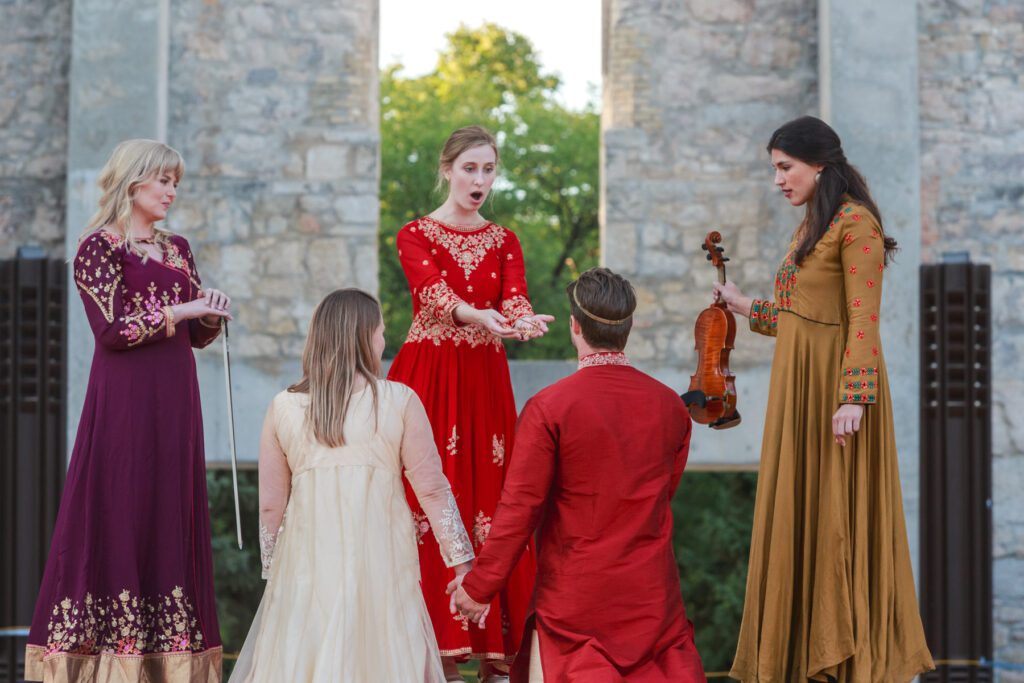
Sawyer Craig (Virtue), Jayne Hammond (Poppea), Katherine Mayba (Amore), Jan van der Hooft (Nerone), Nikita Silagy, (Fortune) in Manitoba Underground Opera’s Poppea. Photo: Paul McKeen
Despite these challenges, the leads proved strong, particularly soprano Jayne Hammond in the title role, while soprano Emily Diehl-Reader imparted regal bearing to Ottavia’s poignant farewell to her homeland, “A Dio, Roma! a Dio, patria! amici, a Dio!” Another delight was soprano Carmen Harris’s Drusilla, who injected energy every time she came onstage.
Tenor Jan Van Der Hooft created a suitably compelling Nerone, in love with Poppea with whom he sang the gorgeously lyrical finale “Pur ti miro, pur ti godo,” in the fading light of sunset. His foil Ottone was effectivly sung by baritone Bradley Christensen. Bass-baritone Ian Fundytus fleshed out the tragic tutor Seneca with grave profundity, whose onstage death provided real drama.
Goddesses Fortune (soprano Nikita Silagy) and Virtue (soprano Sawyer Craig) clacked and clanged castanets and finger cymbals to punctuate the narrative, while the multi-talented Katherine Mayba as Amor accompanied herself on violin. The charismatic soprano’s animated, often playful portrayal riveted attention during the Aug. 23rd performance, her character fresh, alive and even contemporary.
Jack and the Beanstalk delights young crowd
The company also presented its second children’s opera following the success of last year’s Billy Goat’s Gruff by American composer/bass-baritone John Davies. This year’s choice was Jack and the Beanstalk commissioned by Arkansas Opera Theater in 1993 and cleverly based on Gilbert and Sullivan operettas with music arranged by Davies. The production sprung to life as an “operatic storytime,” presented in four different local public libraries between Aug. 7th – 23rd.

Marlise Ritchie (Mrs. Nimble), Nolan Kehler (Jack) in Manitoba Underground Opera’s Jack and the Beanstalk. Photo: Paul McKeen
Tots under the age of six are notoriously the toughest audiences to please; the crowd of children on Aug. 13th at the Henderson branch giggled and squealed at the antics of Jack Nimble (tenor Nolan Kehler) and his magical beans. They egged on their hero during a final madcap chase scene with his nemesis, the Giant (baritone Bradley Christensen, doubling as the Troubled Man) until Jack finally arrived home to sing a triumphant chorus derived from the G&S opera, Ruddigore, with his mother, Mrs. Nimble (soprano Marlise Ritchie, also appearing as the Giant’s Wife). Collaborative pianist Lisa Rumpel provide solid accompaniment throughout the 35-minute show directed by Jonathan Ayers in his MUO debut.
‘Female Fortitude’ concert salutes strong women throughout history
Finally, this year’s recital titled “Female Fortitude” celebrated “the strength and gumption of women.” An all-female cast of seven selected their own solo arias and duets that host/narrator Corner then neatly fitted between excerpts from the 2016 New York Times bestseller Good Night Stories For Rebel Girls, a collection of real-life fairy tales chronicling empowered women throughout history from Frida Kahlo to Harriet Tubman.
Despite the degree of predictability that can creep into this type of format (i.e. sing, story, sing, story), standout performances with the orchestra led by McKeen included soprano Lynlee Wolstencroft’s richly nuanced solo “Casta diva” from Bellini’s Norma, as well as soprano Kinnon Weddall who ignited sparks with her coloratura in Adele’s Laughing Song, “Mein Herr Marquis,” from J. Strauss’ Die Fledermaus.
Despite a few ragged edges, kudos are due to Manitoba Underground Opera —a can-do company that never ceases to present adventurous productions, this year shining the light on opera heroines of the past, while hopefully inspiring a few real-life ones for the future.


